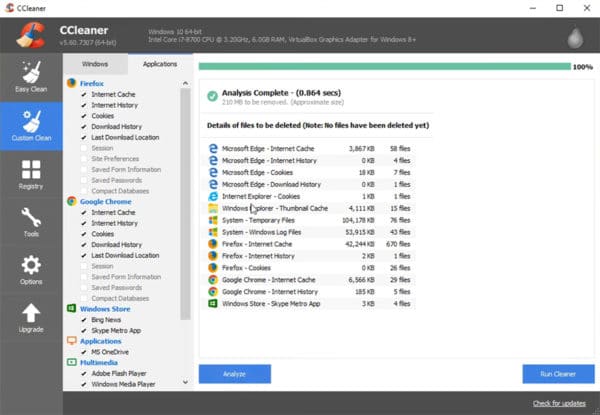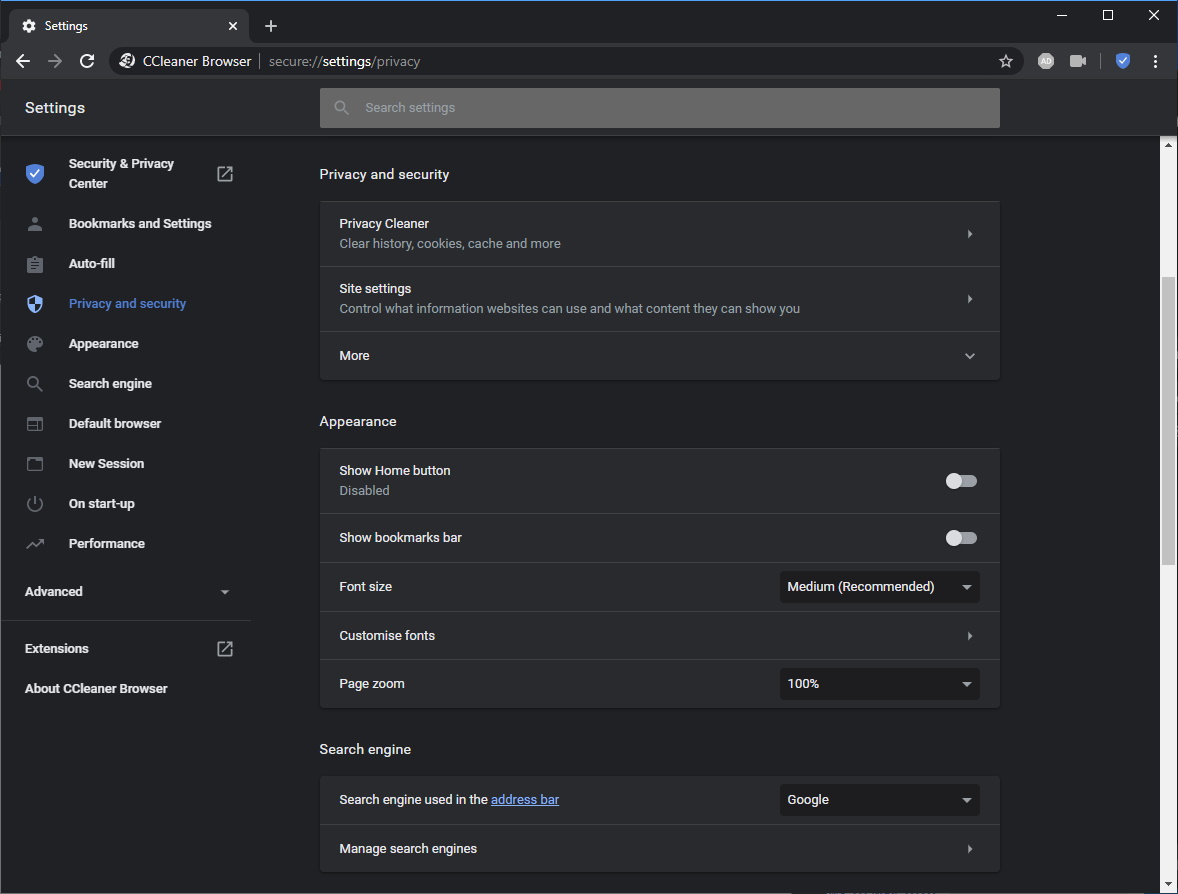

Additional information whether the process is running with administrator privileges, whether it is a 64-bit system, etc.MAC addresses of first three network adapters.List of installed software, including Windows updates.

In particular, according to Piriform, it created a unique identifier for the computer and collected: The malware did not actively harm systems, but it did encrypt and collect information that could be used to harm your system in the future. Since CCleaner claims to have millions of downloads per week, that is potentially a severe issue. The attack was described thusly by researchers at Cisco Talos: “the legitimate signed version of CCleaner 5.33.also contained a multi-stage malware payload that rode on top of the installation of CCleaner.” CCleaner’s parent company, Piriform (who was recently bought by terrible antivirus company Avast), acknowledged the issue shortly thereafter. RELATED: What Does CCleaner Do, and Should You Use It? Here’s how to tell if you were affected, and what you should do. CCleaner, the incredibly popular PC maintenance utility, has been hacked to include malware.


 0 kommentar(er)
0 kommentar(er)
